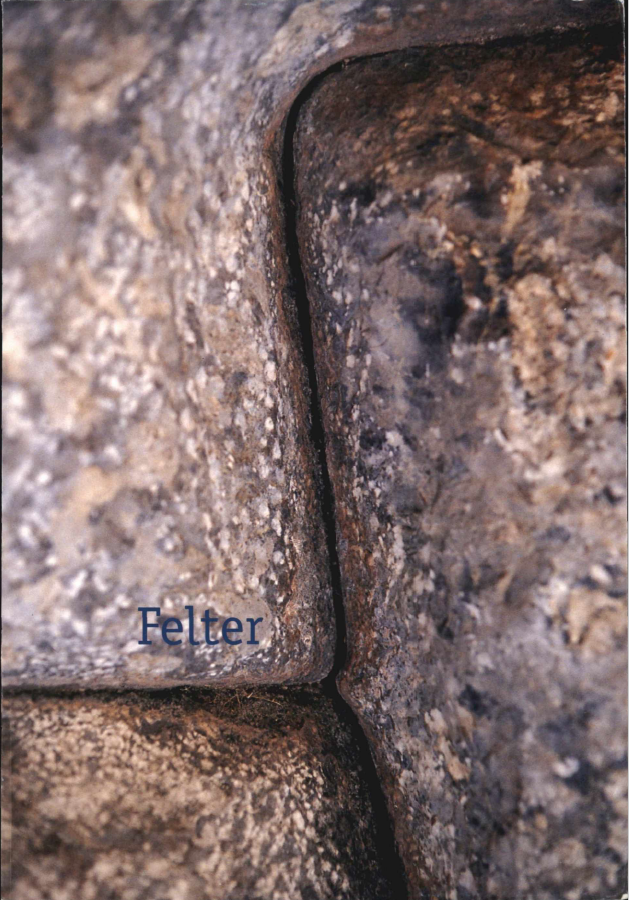CARIBISKE SJÆLEANLIGGENDER - efter Fock
DOI:
https://doi.org/10.7146/ta.v0i35-36.115280Resumé
Peter Riviére: Carib Soul Matters - Since
Fock
When it appeared in 1963 Niels Fock’s
Waiwai marked the beginning of a new age in
the ethnography of the peoples of Guiana.
This study will examine how far what Fock
reported concerning Waiwai ideas about the
soul is to be found among other Caribspeaking
peoples of the region. After a
summary of the Waiwai material, the notions
of four other cases (Trio, Maroni River
Caribs, Pemon and Kapon, and Yekuana) are
looked at in tum. Each case exhibits both
similarities and differences, but overall there
is a high degree of convergence. In every
case there is the idea of a soul(s) that goes, at
death, to an etemal resting place and of
another soul(s) that remains on earth, often to
haunt the living. A point that the Trio
material raises is the importance of the name
as the bridge between the soul and body of
the living person. This theme is not well
developed in other works although it is
hinted at by Fock himself with regard to the
Waiwai. Elsewhere in Amazonia, however,
the notion of the name as a vital component
of the person or as an aspect of the soul has
been frequently recorded. Two examples are
adduced and it is suggested that this subject
requires further exploration among the
Carib-speaking peoples Guiana.
Downloads
Publiceret
Citation/Eksport
Nummer
Sektion
Licens
Ophavsretten til artiklerne i Tidsskriftet Antropologi tilfalder forfatteren.
Artikler publiceret i Tidsskriftet Antropologi må citeres, downloades og videresendes for ikke-kommerciel brug, under forudsætning af normal akademisk reference til forfatter(e) samt tidsskrift, årgang, nummer og sider. Artiklerne må kun genudgives med eksplicit tilladelse fra forfatter(e) og tidsskriftet.


